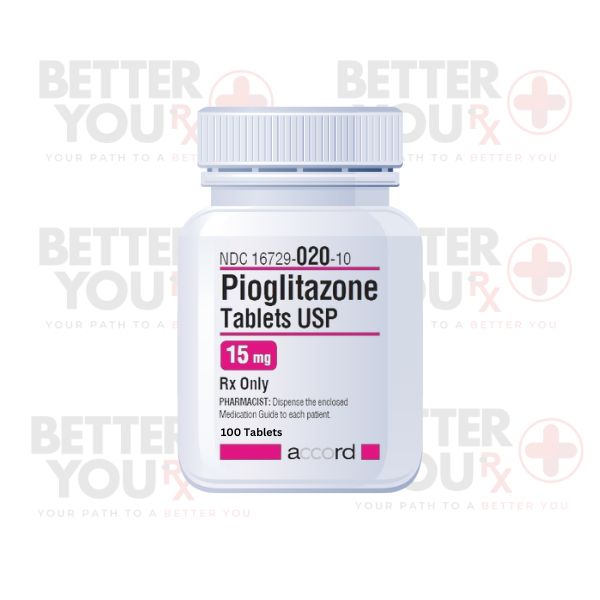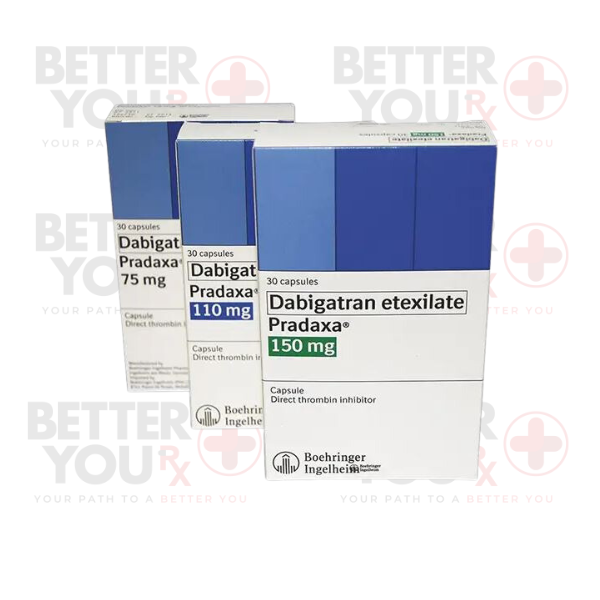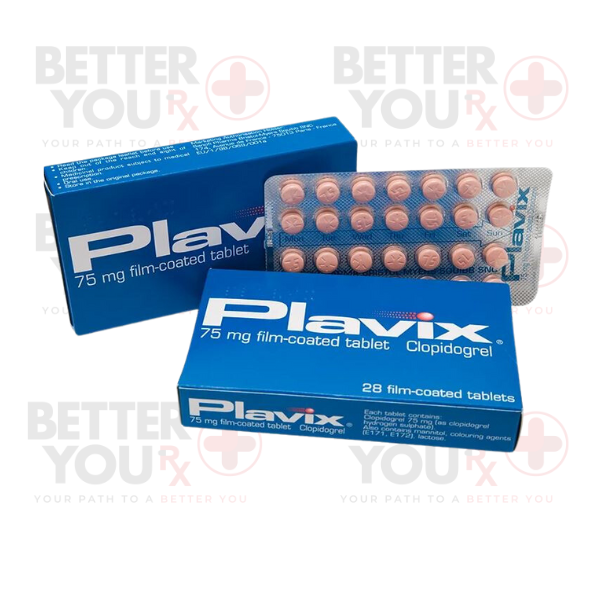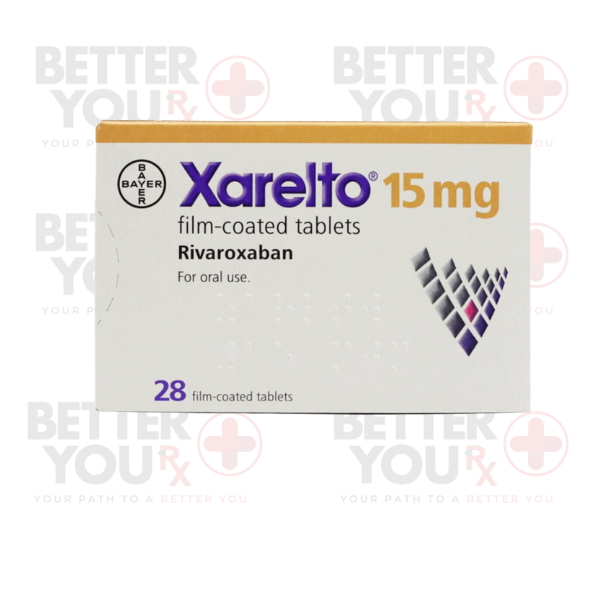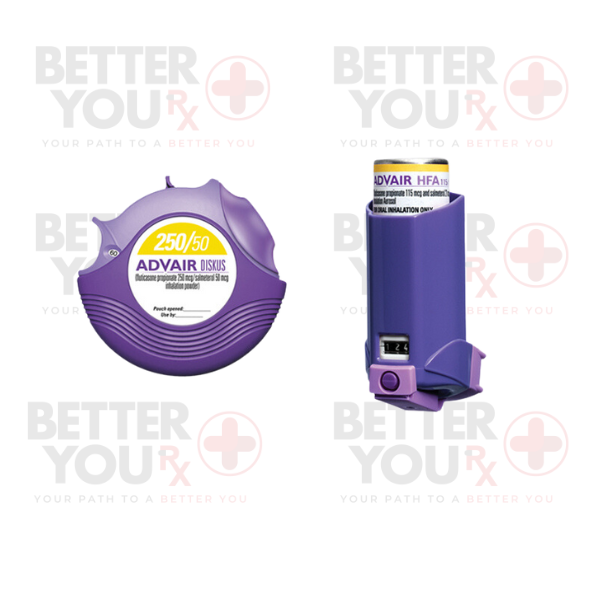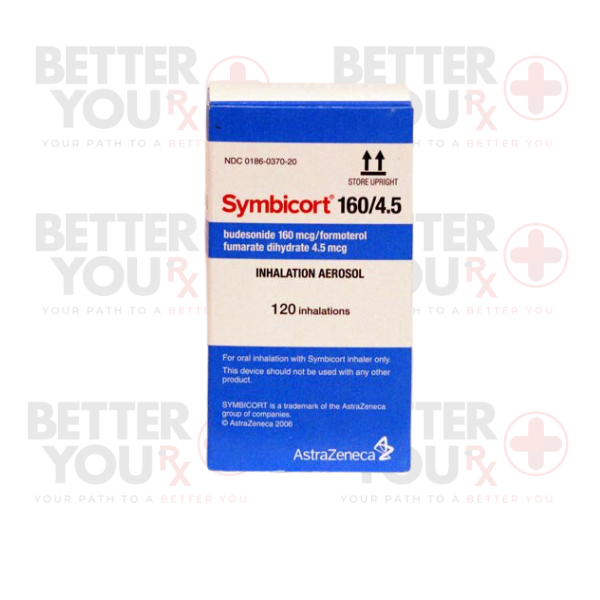●Management of type 2 diabetes mellitus
●As monotherapy or in combination with other antidiabetic agents such as metformin, a sulfonylurea, or insulin when additional blood sugar control is needed
Administration Guidelines
●Oral Tablets: Pioglitazone is typically administered once daily, with or without food. Consistent daily dosing is recommended to maximize therapeutic outcomes. It's crucial to swallow the tablets whole without crushing or breaking them to ensure proper drug release and absorption.
Administration Details
Dosage Forms:
●Oral tablets
Dosage:
●The initial and maintenance dosages of pioglitazone are individualized based on the patient's current treatment regimen, effectiveness, and tolerability. Dosage adjustments are often made based on periodic assessments of the patient's blood sugar levels to ensure optimal diabetes control.
Safety Precautions
●Pregnancy and Breastfeeding: The safety of pioglitazone in pregnant women or nursing mothers is not well-established. It should be used during pregnancy only if the potential benefit justifies the potential risk to the fetus, and caution is advised if administered to nursing mothers.
●Heart Failure: Pioglitazone may cause or worsen heart failure. It should be used with caution in patients with a history of heart failure, and monitoring for signs and symptoms of heart failure is recommended during treatment.
Drug Interactions
●Pioglitazone may interact with other medications, including insulin and other antidiabetic drugs, leading to an increased risk of hypoglycemia. Additionally, it may affect the metabolism of drugs metabolized by cytochrome P450 enzymes, necessitating dosage adjustments or close monitoring.
|

